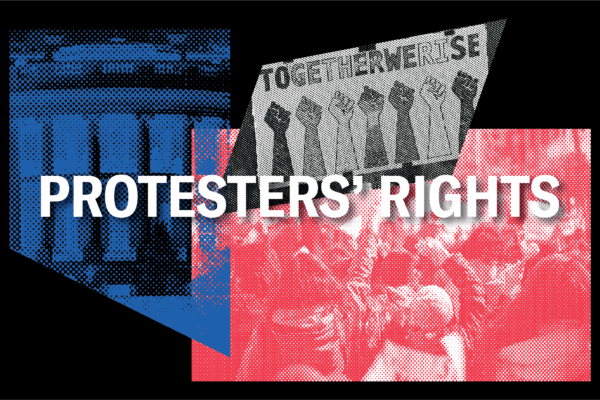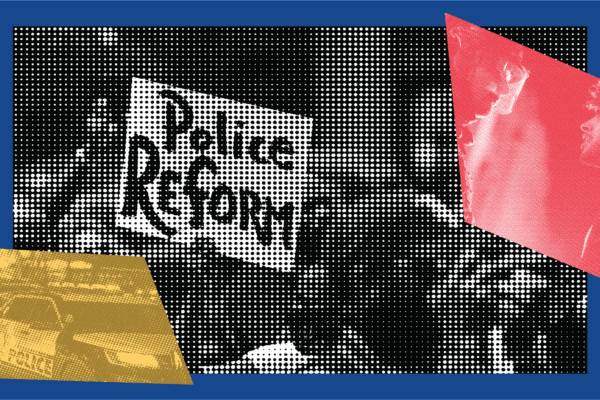Being stopped by police is a stressful experience that can go bad quickly. Below, you will find materials to better Know Your Rights and request a training from the ACLU of Nevada. This guide does not substitute for individualized legal advice, but we hope it helps you and your loved ones prepare for any eventuality.
Don't forget to sign up for membership and support our critical work.
Related Content
Jun 12, 2023

Protesters' Rights in Nevada
Exercising your right of free speech and assembly is clearly protected under the First Amendment. However, with mass demonstrations can come unwanted police contact, arrests, injuries and even death. If you’re going out to protest, here’s what you need to know about your rights.
Oct 17, 2025

ACLU of Nevada Activates Protest Hotline and Legal Observers for Statewide 'No Kings' Protests
Nevadans can report violations of their rights during tomorrow’s protests by calling 702-659-7535
Issue Areas:
First Amendment
Stay Informed
Sign up to be the first to hear about how to take action.
By completing this form, I agree to receive occasional emails per the terms of the ACLU’s privacy statement.
By completing this form, I agree to receive occasional emails per the terms of the ACLU’s privacy statement.


